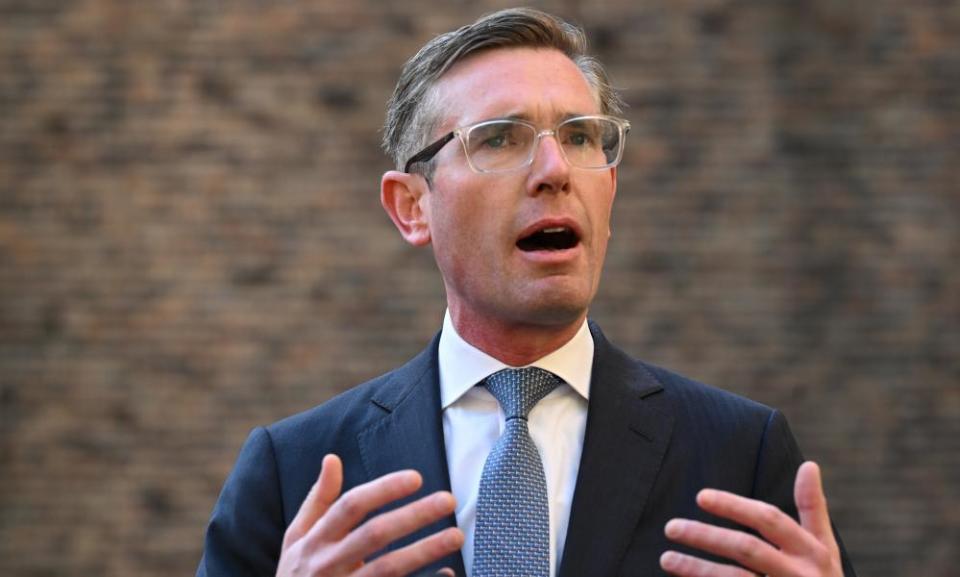Queensland shrugs off threats from NSW premier to withhold land tax data

The Queensland government says it already has the landholder data required to close land tax loopholes used by multi-state investors, in response to threats by the New South Wales premier to block the release of information.
On Monday the state’s treasurer, Cameron Dick, said the government had no intention to back down on the new measures, which were legislated months ago.
The changes only affect landlords who own multiple investment properties in different states – a strategy commonly used by investors to minimise their land tax.
As a state tax, traditionally governments have not taken into account property holdings in other states when calculating the relevant rate of tax.
The central claim of opponents to Queensland’s revised approach – that it would lead to landlords increasing rents – has been rubbished as “baseless” by economists, housing experts and social services groups. Homeless advocates say a push for more affordable housing has been “hijacked” by the real estate lobby.
The Courier-Mail has written repeated editorials calling for the tax changes to be scrapped and on Monday its sister publication, Sydney’s Daily Telegraph, ran a front-page story claiming the NSW premier, Dominic Perrottet, would now seek to block information sharing between the two states.
The story said Perrottet would “refuse to share crucial data required” to implement the policy.
“We will reject any request from Queensland Labor to help facilitate this lazy policy,” Perrottet said.
“Labor don’t support first homebuyers in NSW and now the Queensland Labor government is reaching across the border to tax NSW properties and hard-working residents.”
The tax changes in Queensland do not apply tax to NSW properties. Instead, the scale of an interstate investor’s portfolio would be taken into account when Queensland determines what tax rate to apply to Queensland investment properties.
Perrottet and the Queensland LNP appear to have seized upon comments, made by the Queensland under-treasurer Leon Allen during estimates hearings, that total revenue estimates from the tax changes were “highly dependent on how much information sharing we can get from other jurisdictions”.
Related: Vested interests can’t be allowed to dictate Queensland’s response to the housing crisis
But those comments related to Queensland’s ability to access broad datasets to understand the number and value of investment properties likely captured by the change. They do not relate to individual property records – which are publicly available – required to check whether landlords had failed to declare interstate investments.
“The data we require to close the loophole is already publicly available,” Dick said.
He said Queensland had flagged its changes with NSW officials long before a final decision was made in December last year.
“I don’t know why … in fact I do know why Dominic Perrottet is making these statements today. It’s because he’s six months out from an election, he’s tanking in the polls.
“We make no apologies for making our land tax system fairer, to make sure people who live in Queensland, who invest in our state across multiple properties, are not treated in an unfair fashion.
“And … people who buy properties across multiple jurisdictions to avoid paying land tax currently, they get away with it. We don’t think that’s fair.”
Experts who backed Queensland’s attempts to close the loophole said the policy should be implemented elsewhere.

 Yahoo Movies
Yahoo Movies 